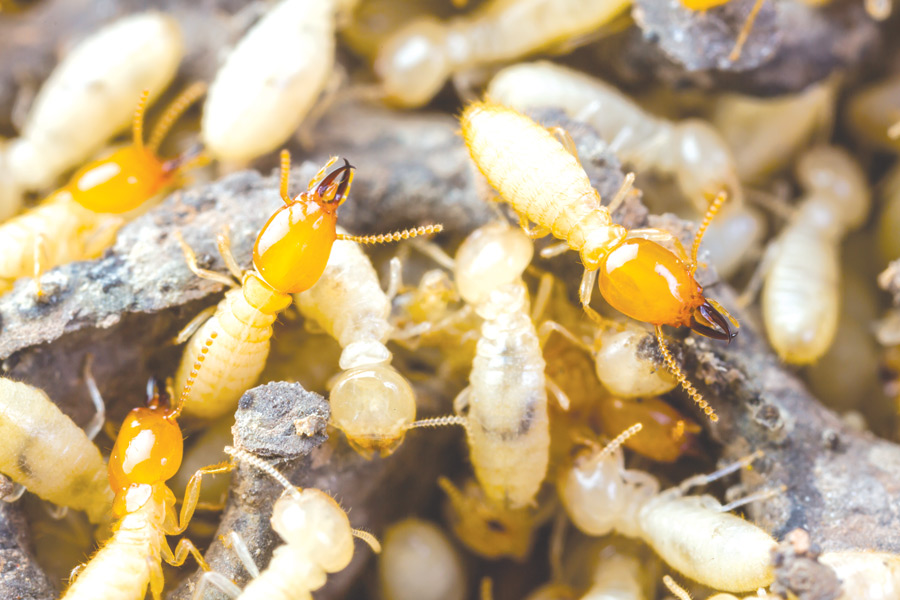ELORA – Centre Wellington is prepared to pay Termite Research Services almost $1.4 million to provide termite management services until the end of 2028.
Taxes will increase by about 1.4 per cent over five years to pay for the services.
Termite Research Services will begin work once contract negotiations with the township are complete.
The company will assess and treat termite infestation, provide public engagement and education, and conduct seasonal evaluations and annual site assessments.
Two companies bid on the project: Termite Research Services and Balson Termite Solutions.
Case studies and an interview were considered, and Termite Research Services was chosen due to its corporate profile and experience, project team, understanding and approach/methodology, plans for work schedule and sustainability, and project price.
Total program costs are not to exceed $1,388,877 including HST. This is a 35% increase from the $1,031,655 council estimated the program to cost.
The township plans to pay for the program with the existing $200,000 capital funding available and an annual taxation increase of $288,000 or approximately 1.42% over a five-year period.
Background
In 2016 Centre Wellington adopted an approach to termite management that relied on educating residents about termites and how to prevent their spread.
In 2020, the township decided to tackle termites more actively, hiring Termite Research Services to conduct a survey to determine the extent of the termite infestation where termites were known to exist in Fergus and Elora.
Active termites were found in 259 properties in Elora and Fergus, with an additional 219 properties at risk of termites.
In 2022 the township entered negotiations with Balson Termite Solutions for a termite management program, but these negotiations did not lead to an agreement.
Community education
Councillor Lisa MacDonald said the community education about termite management should be “really concrete.
“We really want to make it a community effort and get rid of those little suckers.”
MacDonald said there are piles of mulch and big logs lying on people’s front lawns – creating breeding grounds for termites.
The termites in Centre Wellington are eastern subterranean termites that live underground and feed on wood. They prefer dark, damp conditions and build shelter tubes to travel above ground and work their way into homes.
They forage the yard first and then find their way into the home, so eliminating dead wood, tree stumps and other habitats is essential to termite management.
That could also include removing vines, driftwood or old wooden decorative pieces.
Moving plants away from buildings makes it easier for inspectors to find shelter tubes, and also helps with air circulation and allows the sun to dry the soil creating a less hospitable environment for termites.




